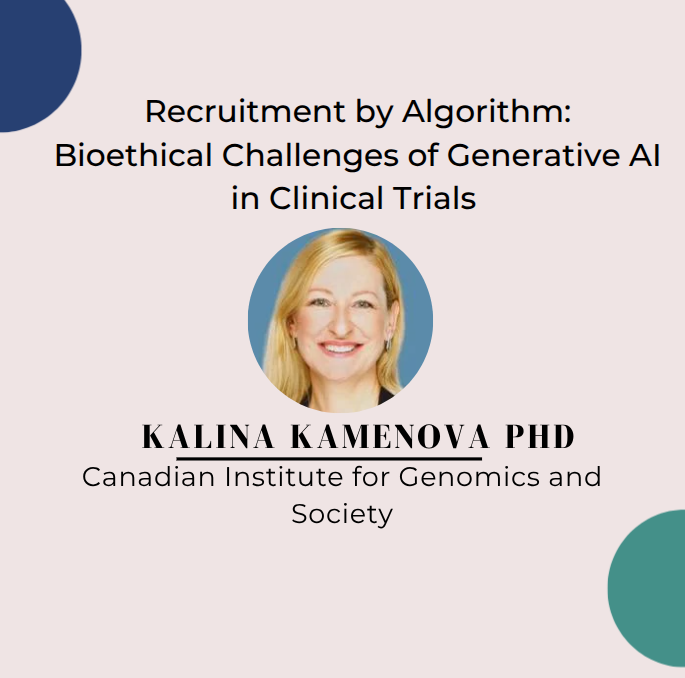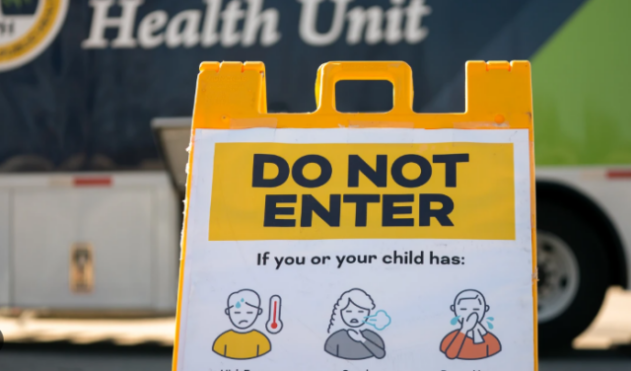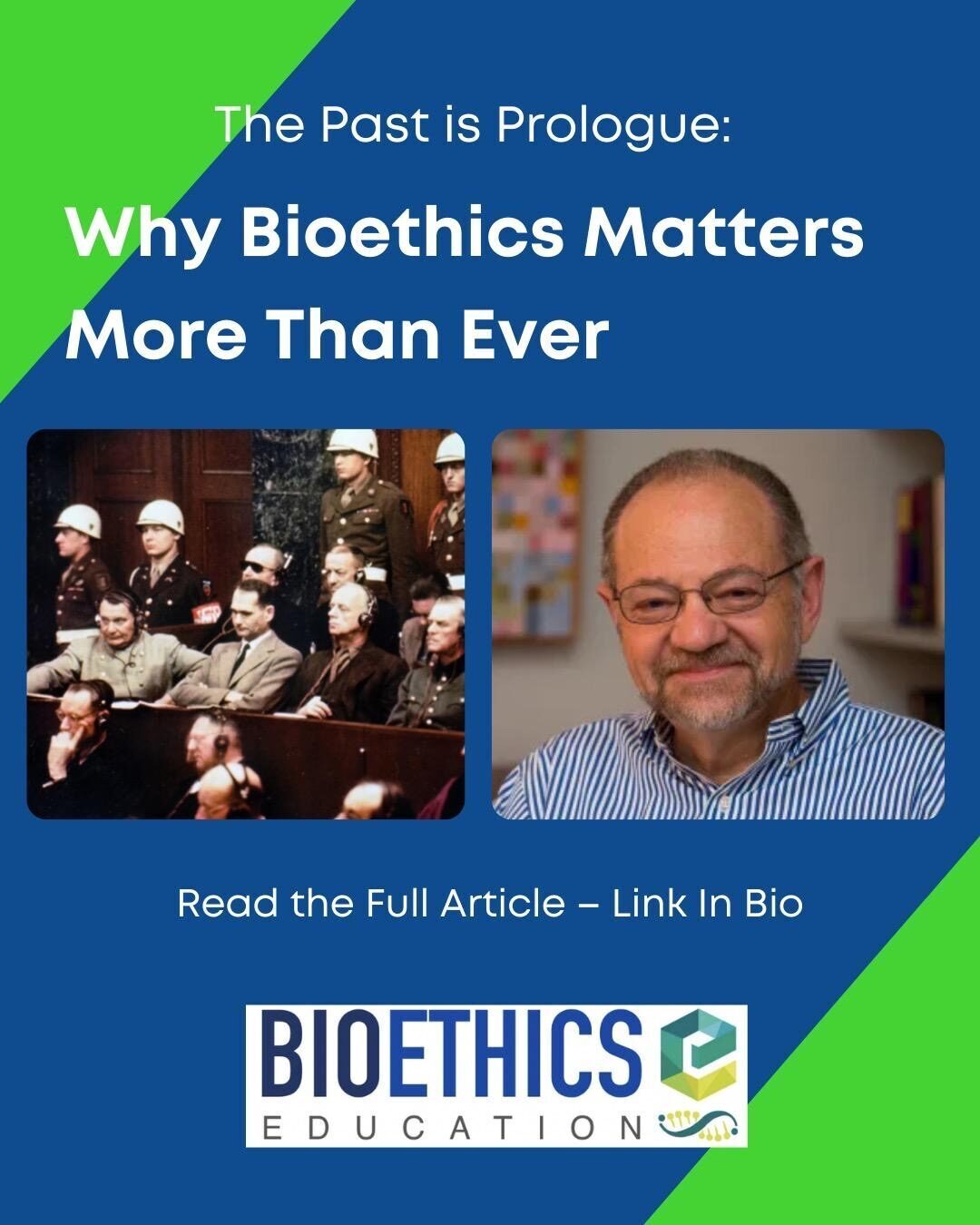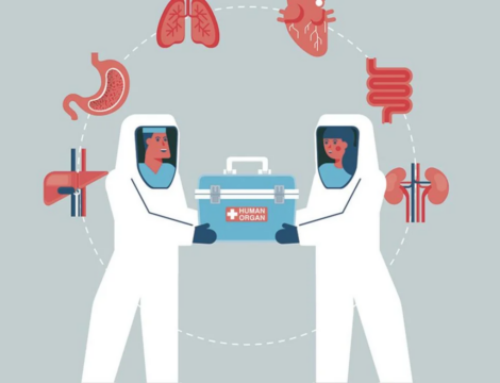Other Posts
A woman in the United Kingdom has become the first in the country to give birth after undergoing a womb transplant from a deceased donor, marking a significant development in reproductive medicine. Unlike most organ [...]
At Mission Hospital, in Asheville, North Carolina, two seven-year-old boys were admitted with a case of measles. However, the cases were not diagnosed right away, and exposed hospital staff and patients to the virus. This [...]
Bioethics is crucial today because it's rooted in the harsh lessons of history, particularly the atrocities committed during World War II, like the Nazi human experiments. The Nuremberg Code was established as a response, emphasizing [...]
There are a growing number of middle class Americans that are selling their plasma, as financial strain threatens their ability to cover basic expenses. Companies frame giving plasma as an altruistic donation, with the compensation [...]
Recent legislation in New York has allowed patients to take lethal medication under conditions, joining 13 other US states with similar policies. After nearly a decade of considering this policy, the final legislation passed attempts [...]
A recent WIRED article, “Inside the New York City Date Night for AI Lovers,” examines a pop-up event where participants engaged in in-person “date nights” with AI companions. Hosted by EVA AI, the event raises [...]












